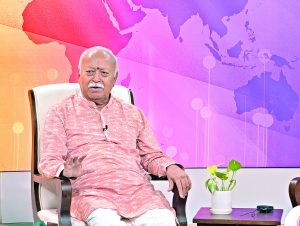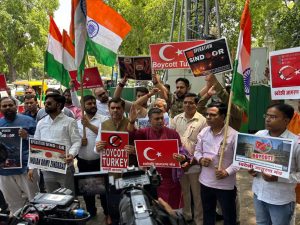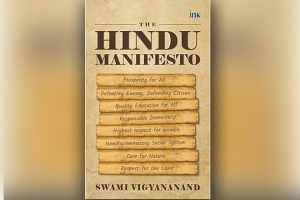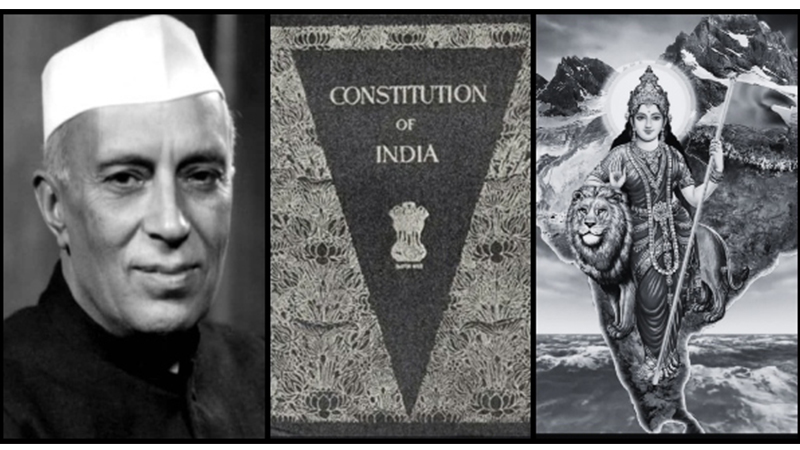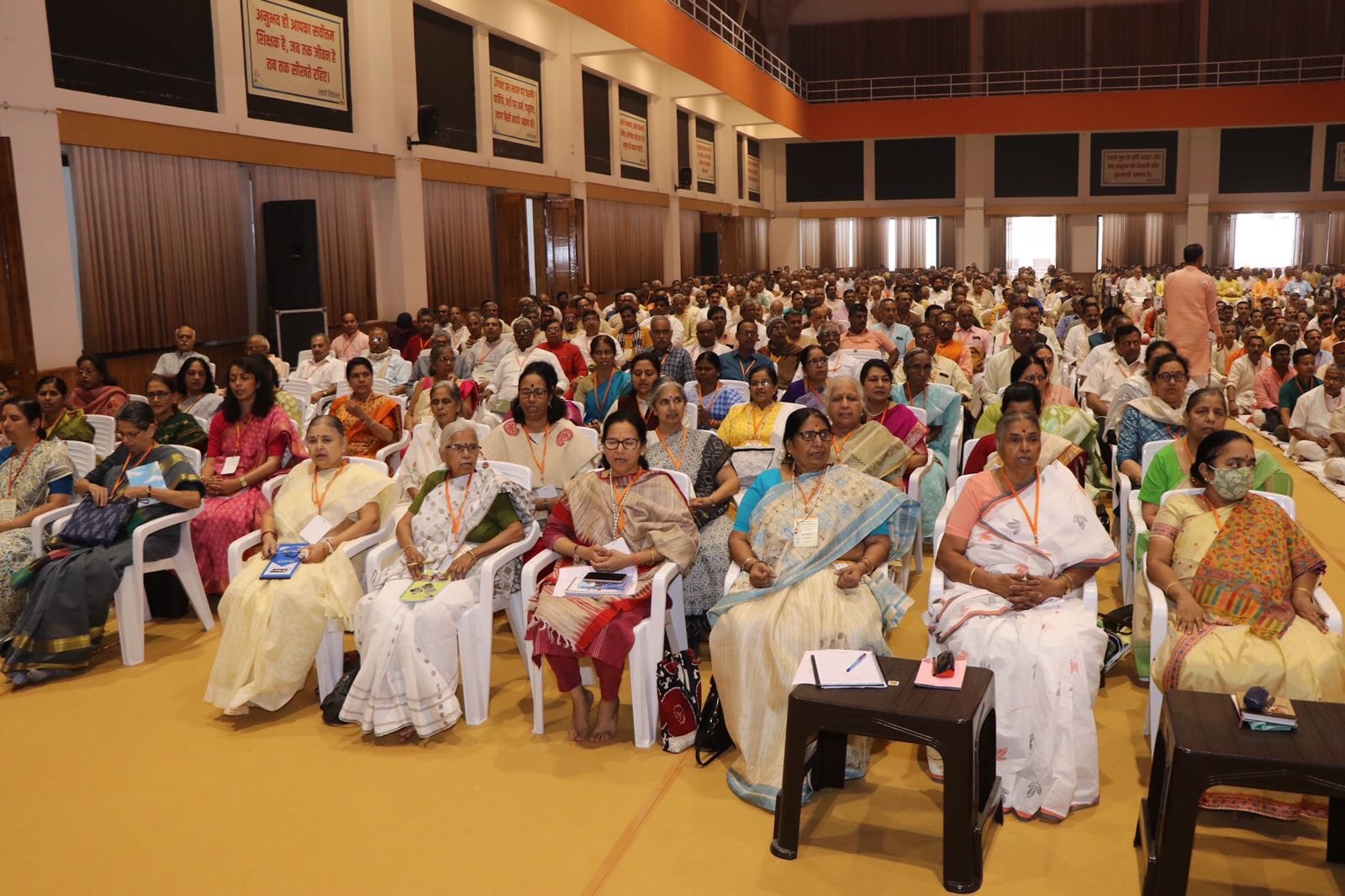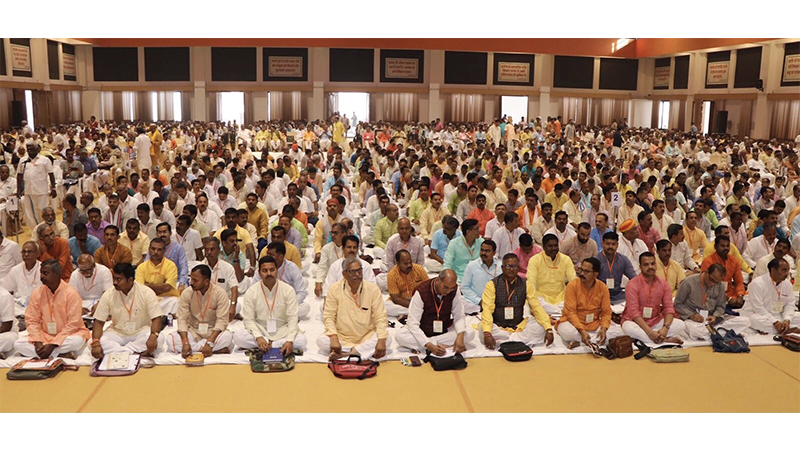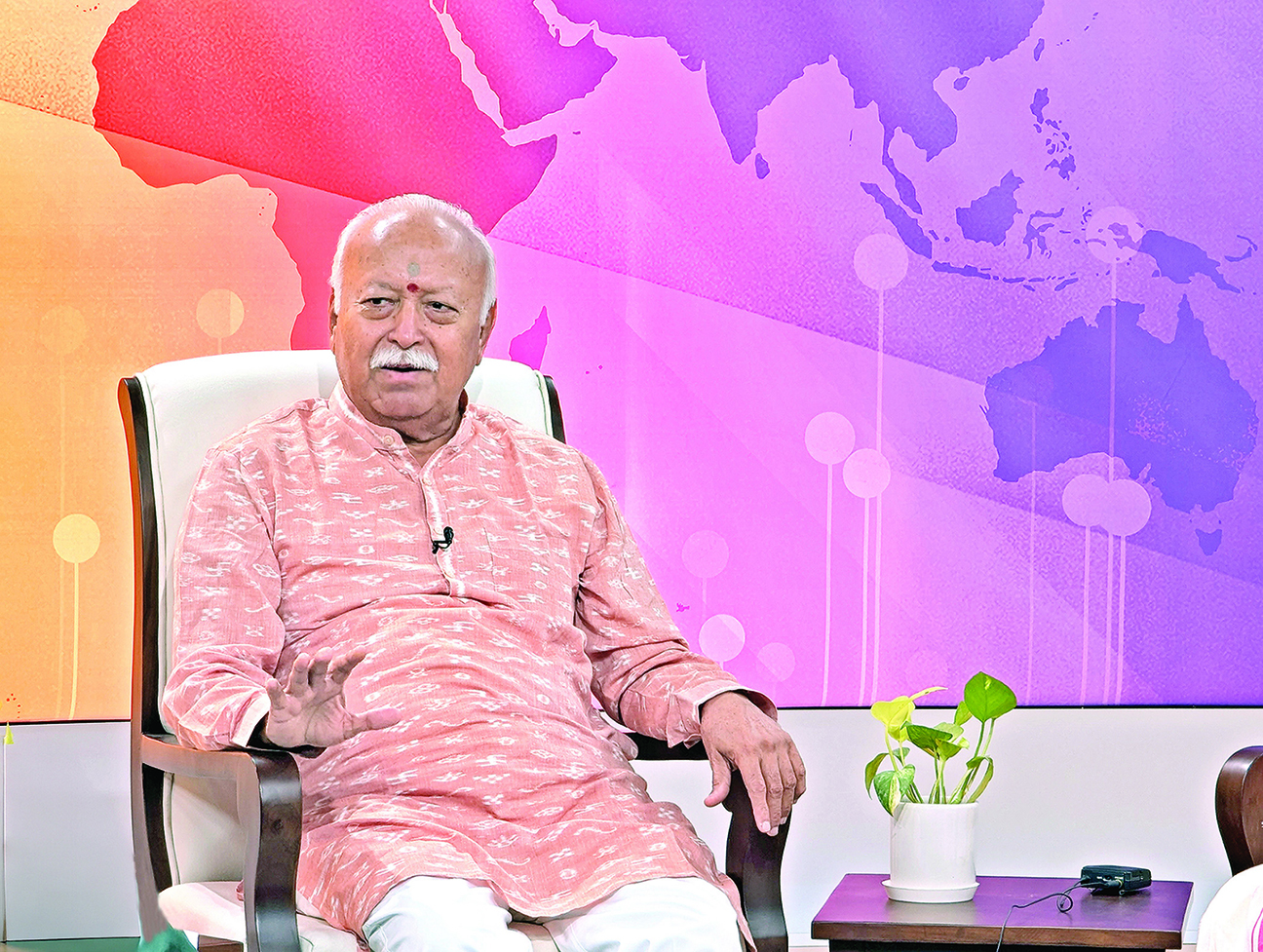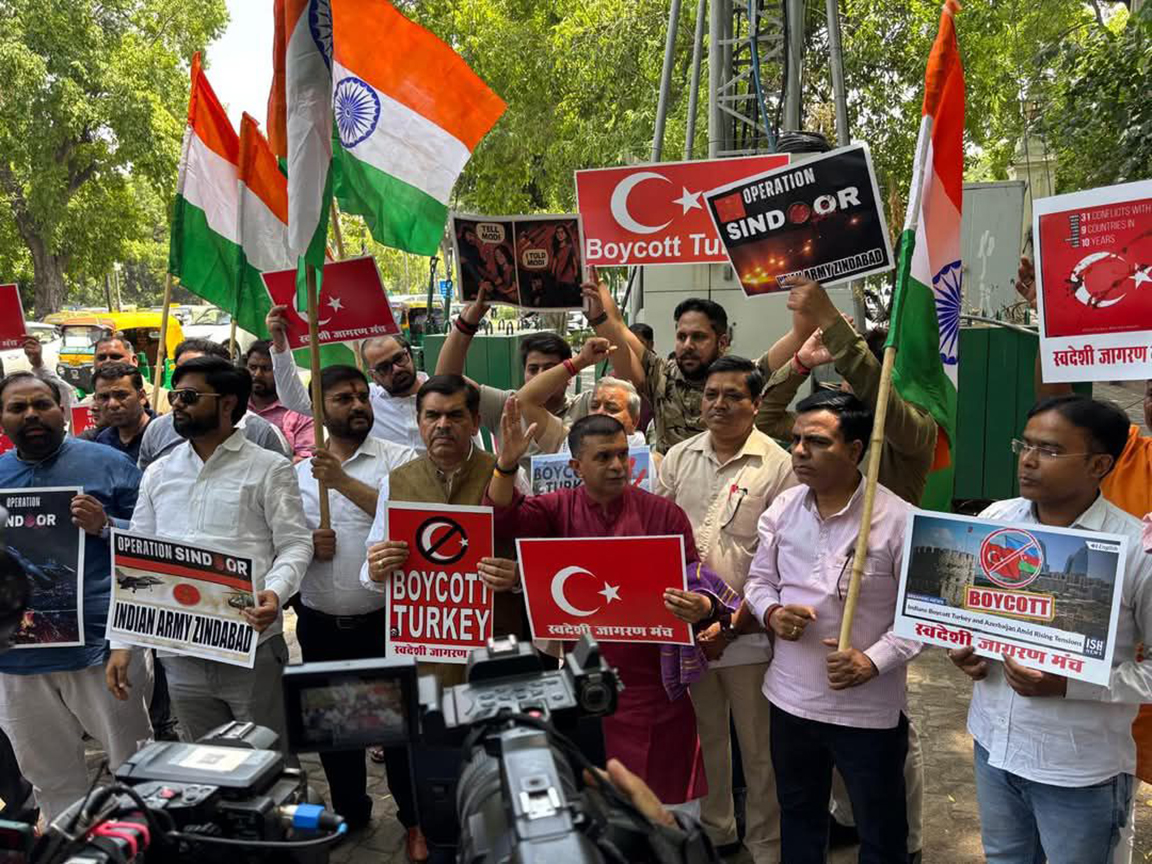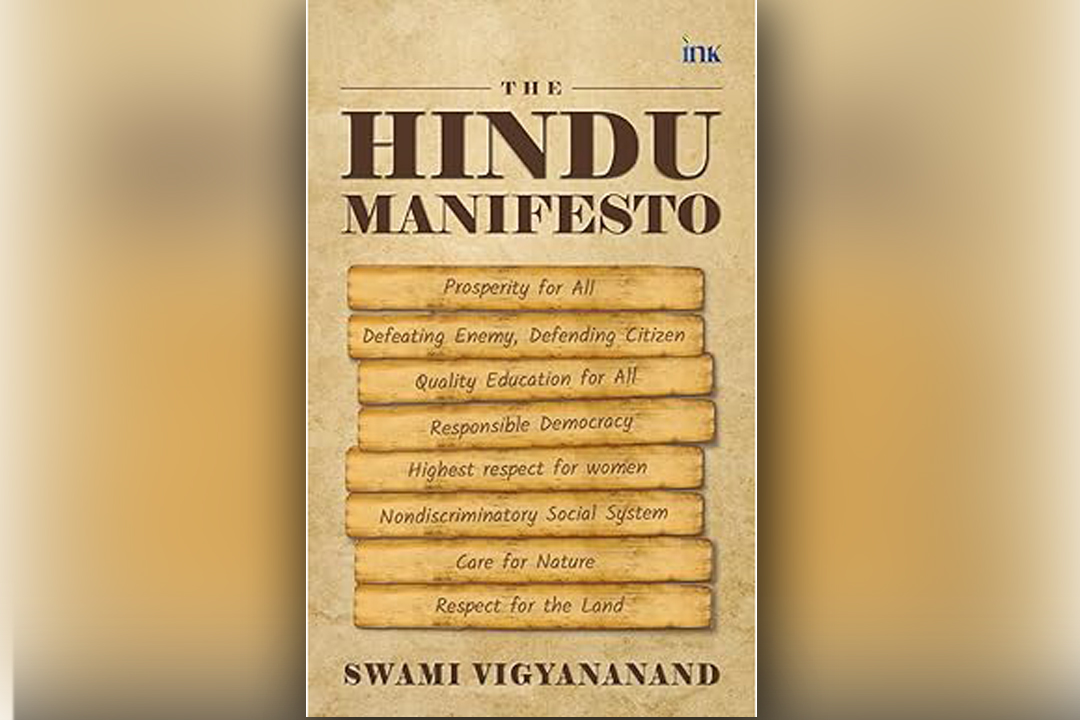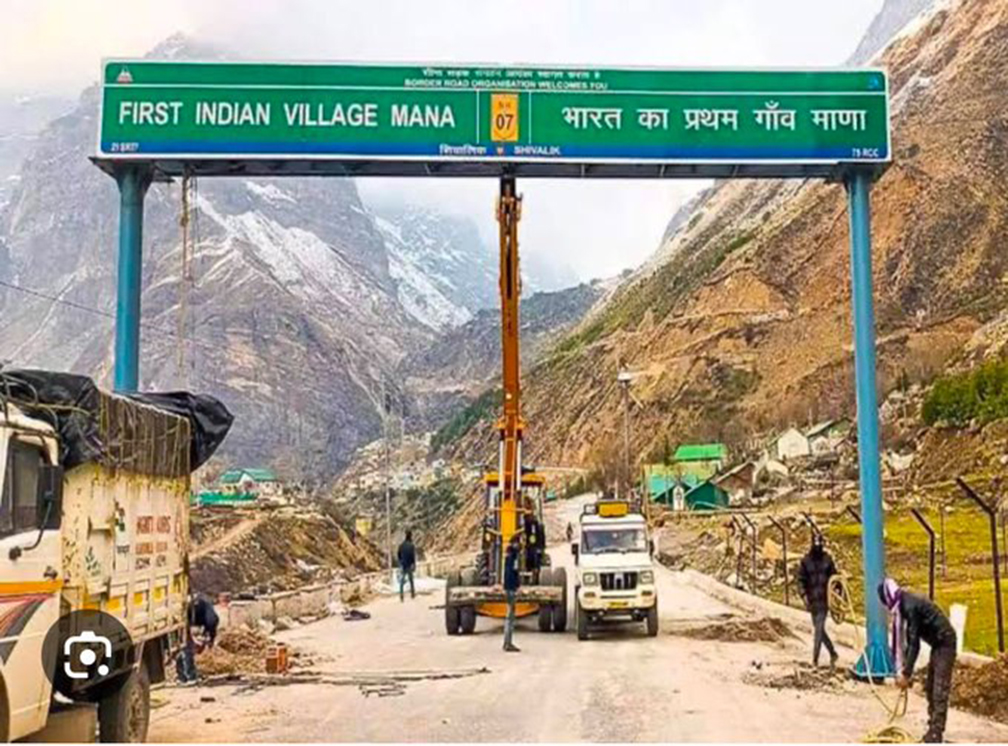What RSS resolutions said on Uniform Civil Code
Updated: July 15, 2023 3:09

As the Law Commission of India, a constitutional body, has sought public opinion on bringing Uniform Civil Code in India, a debate has again started on this issue.
The debate surrounding the Uniform Civil Code (UCC) over the last few decades has its origin in the Shah Bano case (Mohd. Ahmed Khan Vs. Shah Bano Begum) in which the apex court had delivered a judgement (on 23 April 1985) in favour of an old divorcee Muslim woman that was seen as an attack on Muslim Personal Law by radical Islamists and a section of political class that believed in appeasement of radical Muslims at the cost of progressive members of the community. The then Congress government at the Centre buckled under the pressure. In 1986, it brought a law in the Parliament to overturn the decision of the Supreme Court of India. Incidentally, Article 44 of the Constitution of India directs the Indian state to implement Uniform Civil Code. Currently Muslims have a separate personal law in India that has led to gender disparity as Muslim women don’t enjoy equal rights as Muslim women in case of many personal laws such as inheritance and marriage. The Uniform Civil Code is aimed at correcting it.
The Rashtriya Swayamsevak Sangh(RSS) has explained its stand on this issue through these two resoultions by two of its top decision making bodies
On Shahbano case
– This resolution was passed by Akhil Bharatiya Pratinidhi Sabha (ABPS) in 1986
The nature and extent of the recent flare up of Muslim riots and demonstrations in several provinces – especially in Uttar Pradesh, should, in-the opinion of A.B.P.S. leave no one in doubt about the plan and purpose behind it.
The Court-decision on Rama Janmabhoomi or the Shahbano case was just a pretext. The fanatic, divisive Muslim leadership has taken to the war-path to browbeat the Central leadership into conceding its demands by dangling the carrot of electoral support of Muslim block vote and applying its usual pressure-tactics of threats and riots, The demands of 1930’s and 40’s i.e. stoppage of music before mosques; Urdu as official language, reservation in army, police, legislature and Administrative machinery, are all being echoed with increasing vehemence towards furthering their divisive ends.
One other urgent reason for -the fanatic Muslim leadership for taking to the pre-1947 war cry of ‘Islam in danger’ and inflaming and rallying the ignorant Muslim masses is obviously to suppress the first ever challenge to it from an overwhelming section of Muslim women and Muslim intellectuals in the wake of Supreme Court’s Shahbano judgment.
It is, therefore, tragic in the extreme that in face of such a planned anti-national manoeuvre the Central leadership should have surrendered to it and decided to nullify the Supreme Court judgment in Shahbano case by introducing the Muslim Divorced Women Protection Bill. The Bill has not only given a boost to the sagging morale and prestige of the communal Muslim leadership, but has dealt a severe blow to the rising voice of rationalism and reform from among the Muslim community. Instead of moving towards a uniform civil code as envisaged in the Directive Principles of our Constitution, the Bill has put the country in a reverse gear by sealing off a section of people from joining the national mainstream. The step is not only a stab in the back for the security and integrity of the country but more so for the Muslim community itself. However, there is a silver lining on the national horizon. Nation’s conscience is awakened, as never before, to the menace of Muslim communalism. Thinkers, Jurists, social workers and the entire national press and political leaders cutting across party affiliations have all raised their powerful voice of protest and bounded the alarm and emphasised the urgent need for an uniform civil code.
The A.B.P.S. appeals to the Prime Minister not to view the affair as a party issue – or much less as one of personal prestige, but heed to saner counsels and withdraw from the hasty and disastrously slippery path on which he has embarked.
The A.B.P.S. hereby stresses the need for stern and effective measures, both by the Central and other State Governments, to make the Muslim communalists realise that their tactics of violence will not pay.
The A.B.P.S. congratulates every section of national opinion who has come out openly in defense of national integrity at this crucial juncture. The Sabha especially urges the members of Parliament irrespective of their party label to rise to the occasion and voice their powerful opposition to the Bill. The Sabha calls upon all nationalist forces to maintain the same vigilance till the present mischief is undone and all the communal, anti-national secessionist forces are defeated.
On Uniform Civil Code
– This resolution was passed by Akhil Bharatiya Karyakari Mandal (executive body) in 1995
The ABKM heartily welcomes the historic judgment of the Supreme Court, emphasizing the urgent national need to take immediate legislative steps for enactments of law on the Uniform Civil Code in accordance with the letter and spirit of Article 44 of our Constitution. The Apex Court has also directed the Central as well as State Govt. to indicate the steps taken by them within a time schedule specified by the Court. In contrast to the spontaneous approbation by all nationally conscious sections of society of the landmark judicial verdict, it is highly unfortunate that the attitude of the Central Govt. has been one of dillydallying and dubious in initiating steps to honour the same.
The ABKM notes with appreciation the declarations of the Maharashtra State Govt. to go ahead in the light of the S.C.’s directive and the B.J.P. leaderships policy statement on similar lines. The ABKM urges upon all the members of the Parliament, irrespective of their party affiliations, to uphold the majesty of the judiciary and to set the process of legislative machinery in motion for enacting the long-awaited legislation on the Uniform Civil Code for all the citizens of the country.
